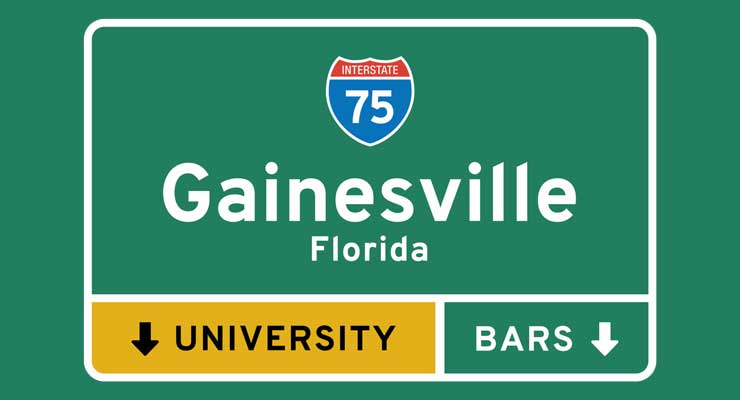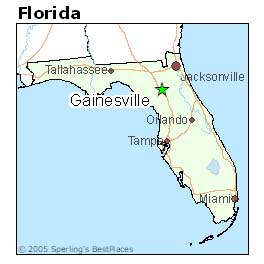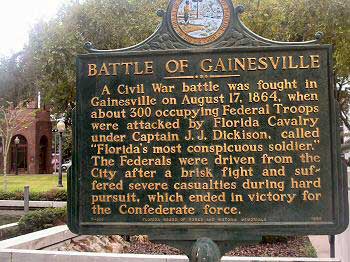
Gainesville, Florida is the 4th in the nation of cities with the most income inequality, according to a recent study conducted by the financial new site 24/7 Wall St.
 To identify the cities with the widest gap between the rich and the poor, 24/7 Wall St. reviewed Gini coefficients for each of the 381 metropolitan statistical areas (MSA) from the 2013 U.S. Census Bureau’s American Community Survey (ACS). The Gini coefficient is the most commonly used measurement of levels of income distribution.
To identify the cities with the widest gap between the rich and the poor, 24/7 Wall St. reviewed Gini coefficients for each of the 381 metropolitan statistical areas (MSA) from the 2013 U.S. Census Bureau’s American Community Survey (ACS). The Gini coefficient is the most commonly used measurement of levels of income distribution.
The study states that in Gainesville, “The wealthiest 20% of households control 54% of the region’s annual income. On the other end of the income spectrum, the poorest 20% of households generate just 1.9% of the region’s total income, the smallest share by the bottom fifth of earners among metros reviewed.” It adds, “Nearly 15% of the region’s households earn less than $10,000 per year, well above the national share of households in extreme poverty.”
Bloomberg.com, which rates Gainesville as 5th on their list of cities with the most income inequality, notes that Gainesville’s Gini coefficient has increased over 10% since the 2008 recession, a significant broadening of the city’s income inequality gap. Although the presence of a large university, University of Florida, has been cited as a cause to Gainesville’s ranking, most students don’t file their own taxes so their incomes would not be incorporated into the Gini coefficients.
The 24/7 Wall St. and Bloomberg studies are stark reminders that the city, and the University of Florida, the main economic and education engine of the area, need to do more to help the cities impoverished communities and stagnant job market.
 University of Florida is the beneficiary of a blanket tax exemption from property taxes afforded to all non-profit universities, public and private. This loss of tax revenue drains Gainesville’s communities from desperately needed funds.
University of Florida is the beneficiary of a blanket tax exemption from property taxes afforded to all non-profit universities, public and private. This loss of tax revenue drains Gainesville’s communities from desperately needed funds.
Many cities are beginning to put pressure on local universities to pay an annual PILOT (payment in lieu of taxes). The city of Providence, Rhode Island, facing bankruptcy, reached an agreement with Brown University in 2012 that brings in $31.5 million annually to the city. Without this, the city of Providence would lose out on millions of dollars in tax revenue.
A recent article on AlterNet, entitled How Parasitic Universities Drain Towns All Across America, states, “because of how property tax rates are generated, the more land in a locality that is nontaxable because it is owned by a nonprofit, the higher tax rates are on the rest of the general population. Thus, not only are universities getting a valuable tax break, they’re actually driving up property taxes the rest of the population pays, often in some of the poorest locales in America.”
The school also still receives free water dating back to the agreement that had the school placed in Gainesville instead of Lake City. That agreement is outdated, outlived and the potential revenue from the water the school uses could be used to help revitalize Gainesville’s impoverished areas. The school attracts some of the top academic and research talent in the World. It should be doing more to attract more businesses, revenue and jobs to Gainesville.
Leave a Reply